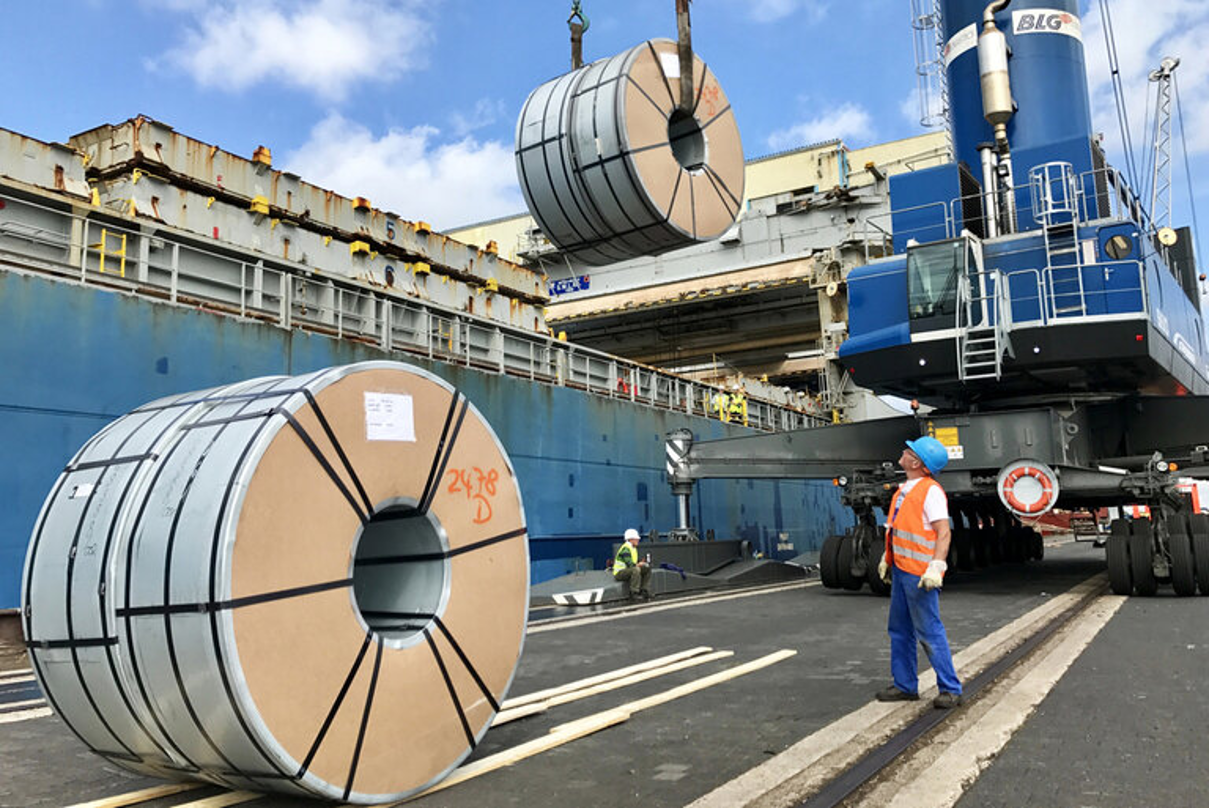Canada
December 6, 2024
Canada sees Chinese steel, ali imports falling ~50% on tariffs
Written by Ethan Bernard
The Canadian government estimates that steel and aluminum imports from China will decrease by nearly 50% due to newly implemented tariffs.
This was according to a behavioral response estimated by the Office of the Parliamentary Budget Officer Yves Giroux, which was released on Thursday.
Additionally, the report said the government expects that the recent steel and aluminum tariffs, along with electric vehicle (EV) tariffs on the Asian nation, will raise federal revenues by Canadian $473 million ($334 million USD) by 2028-29.
Recall that the Canadian federal government implemented a 100% tariff on Chinese-made electric vehicles imported into Canada on Oct. 1. Then on Oct. 22, it also placed a 25% tariff on imports of steel and aluminum products from China. (A remission request process – for companies seeking exemptions from the tariffs – was launched on Oct. 18.)
The government anticipates a revenue jump of CAD$217.7 million from the Chinese steel and aluminum tariffs alone in 2024-25.
As previously reported, China announced in October that it would dispute the tariffs at the World Trade Organization (WTO).
CSPA cheers
Catherine Cobden, president and CEO of the Canadian Steel Producers Association (CSPA), praised the report.
“The report confirms that the imposition of tariffs on Chinese steel and aluminum will slow imports of unfairly traded, high-carbon products into Canada; protect Canadian jobs and communities that rely on our sector’s strength, all while having a negligible impact on Canada’s economy,” she said in a statement on Thursday.
“Our hope is that these trade measures signal how North American partners can align our policies to support our workers against the real trade threat that is global overcapacity in steel from China,” Cobden added.
Additionally, Cobden told SMU that “these tariffs on Chinese steel products completely align with the Section 301 tariffs of the United States.”
She noted that, along with new monitoring requirements on all imports, “these tariffs further strengthen the alignment between Canada and Unites States for steel trade.”







